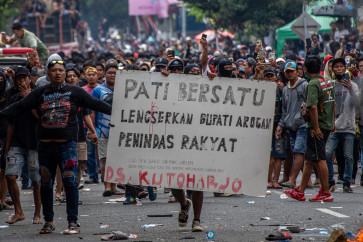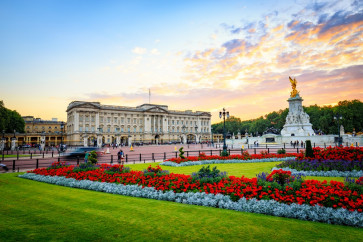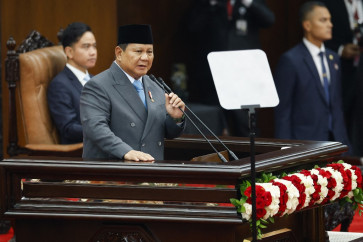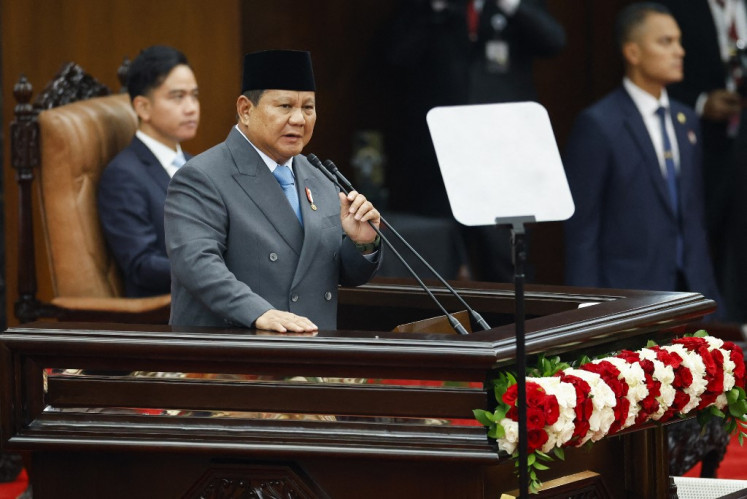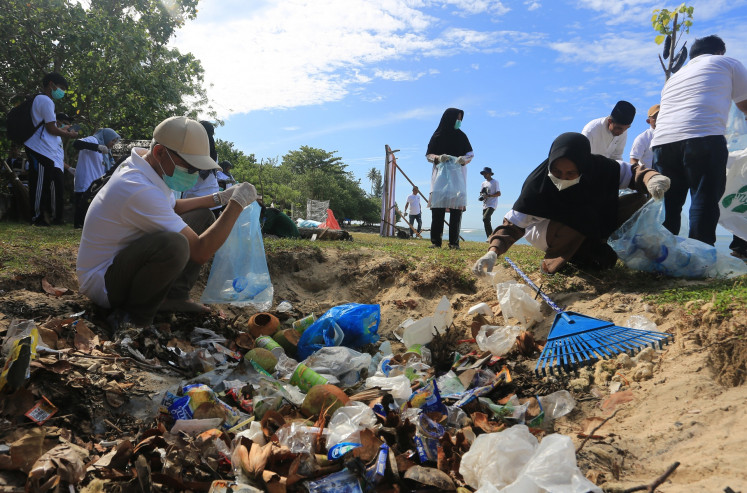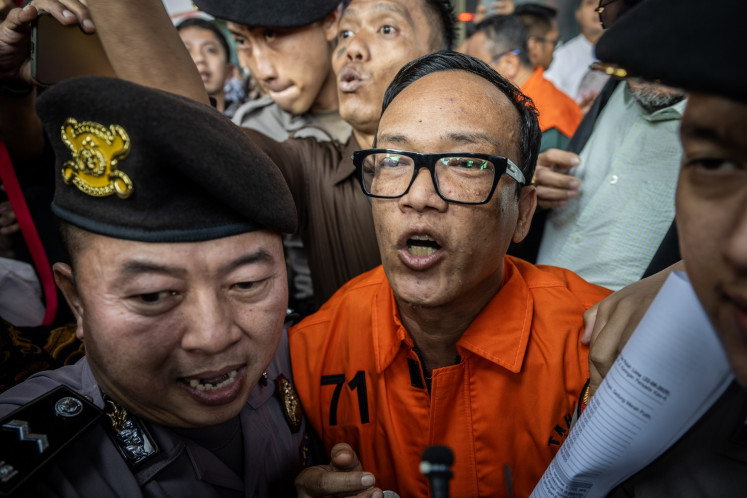Popular Reads
Top Results
Can't find what you're looking for?
View all search resultsPopular Reads
Top Results
Can't find what you're looking for?
View all search resultsNo more Sunda Strait Bridge plan
President Joko âJokowiâ Widodoâs administration will shelve a plan to build the Sunda Strait Bridge connecting the islands of Java and Sumatra, as the US$16
Change text size
Gift Premium Articles
to Anyone
P
resident Joko 'Jokowi' Widodo's administration will shelve a plan to build the Sunda Strait Bridge connecting the islands of Java and Sumatra, as the US$16.5 billion megaproject is deemed incompatible with the President's economic development vision, a minister has confirmed.
'Pak Jokowi has personally assessed the Sunda Strait Bridge project and he is concerned that it is not in line with his maritime-based development vision,' National Development Planning Minister Andrinof Chaniago told reporters
in Jakarta.
Other than constructing the bridge, there were several cheaper alternatives to improving connectivity between Java and Sumatra, the minister said on Friday. This could be done by buying new ships to serve the strait and improving the service quality of the ports.
These cheaper solutions, Andrinof argued, were apparently hidden from the public by the previous administration, which had instead aggressively campaigned on the economic benefits of the Sunda Strait Bridge.
The planned 29-kilometer bridge is the biggest infrastructure project in the Master Plan for the Acceleration and Expansion of Indonesian Economic Development (MP3EI) formulated by former president Susilo Bambang Yudhoyono.
The project, with an estimated construction cost of Rp 200 trillion ($16.5 billion), had been discussed in various Cabinet meetings and was intended to be Yudhoyono's economic legacy.
However, it was left in limbo due to divided opinion among his ministers, especially on whether the project should be funded by state funds or private funds.
Given its strategic role in promoting economic connectivity in the archipelago, Yudhoyono said the project must be continued by the next government.
Nevertheless, Andrinof maintained the project's disadvantages outweighed the economic benefits.
Spending a lot of money to connect Indonesia's two westernmost islands would widen inequality in the domestic economy, given the fact that most of eastern Indonesia still lagged in its economic development, he said.
'I am convinced that constructing the Sunda Strait Bridge is not an option for us, at least not in the next 10 to 15 years,' stated Andrinof.
The minister added that the Jokowi administration would scrap several projects in the MP3EI that were not in line with the President's vision of promoting economic equality, such as the plan to build a railway for coal transportation in Kalimantan.
'The plan will only exploit the state's resources for the benefits of a few businesspersons, not for the Indonesian people. It's not in line with our Constitution,' he argued.
Andrinof, a noted public policy academic, will lead a strategic advisory board that will work under the President's direct command. The board's role is more powerful compared to that in Yudhoyono's administration, when then national development planning minister Armida Alisjahbana worked under the Office of the Coordinating Economic Minister.
If Jokowi went ahead with building the bridge, he may incur a political cost, given that his presidential campaign emphasized more equal economic growth and sea-based development, said Telisa Aulia Falianty, an economist from the University of Indonesia.
'The project will without doubt create huge multiplier effects for the economy, but the benefits might be enjoyed mostly by upper middle-class Indonesians,' Telisa said on Sunday, adding that the project would effectively kill off sea transportation in the area.
Instead of fostering development in Sumatra, the bridge could encourage the further urbanization of Java, adding more economic problems to what was already Indonesia's most densely populated island, she said.


